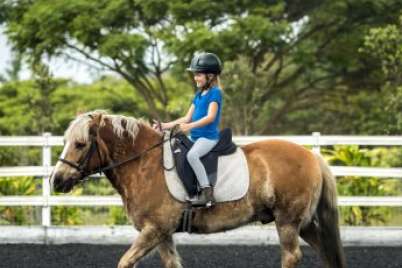
One way to help girls avoid body issues: function over form
It’s a strange time to be a young girl. On the one hand, culturally there is an increased appreciation for the fuller figure thanks to singers like Nicki Minaj, Beyonce, and Jennifer Lopez. But on the other hand, these singers and other famous celebrities are still teaching girls to be appreciated for their physiques —so it doesn’t matter if it’s a celebration of a larger booty over a smaller one; we want girls to revel in what they can do and be, not how they look.
Maybe Tina Fey captured this sentiment best in her book Bossypants:
All Beyonce and JLo have done is add to the laundry list of attributes women must have to qualify as beautiful.
Tina gets it: focusing on looks is still, well, focusing on looks, even if you broaden the definition of beautiful.
This thought-provoking article, published last year in The Conversation, reviews the history of girls’ body issues, and the importance of helping them learn to like their bodies, noting, “when girls view their bodies through a functional lens, they’re more likely to be satisfied with and appreciate their body. They also report feeling more empowered and physically capable.”
As parents we can help our daughters move towards this attitude by changing the way we talk to them about their bodies, specifically focusing on function instead of form. One of the best ways to do that is to get girls excited early on about sports and physical activities, turning the conversation from getting in shape to what our bodies are capable of, when given the chance.
Being part of a sports team has proven to be beneficial to girls on every level, but many girls quit sports right around the time they reach puberty. A girl who has learned how to move and feels confident about her abilities will be more likely to stay active while her friends are quitting teams and moving less and less. So it’s crucial that parents start instilling a love of moving and developing their daughters’ physical literacy as early as possible.
The author of the Guardian article also notes that while there are many attempts by parents and educators to enlighten girls on realistic body image, all this does is continue to keep the conversation about their appearance.
Wouldn’t it be great if girls could love themselves and their bodies for the same reasons they did when they were small; because they could skate a perfect figure 8, scale the school fence, and win at Red Rover?
Let’s share stories all over social media about the everyday sisters, mothers, aunts, and daughters that inspire us with what they can do. Let’s compliment girls on their strength, speed, or agility instead of on their outfits, hair, or eyes. Let’s give girls back the beauty of self-acceptance they had in childhood by shifting the focus away from how they look, all together.
Let’s really break the internet.





